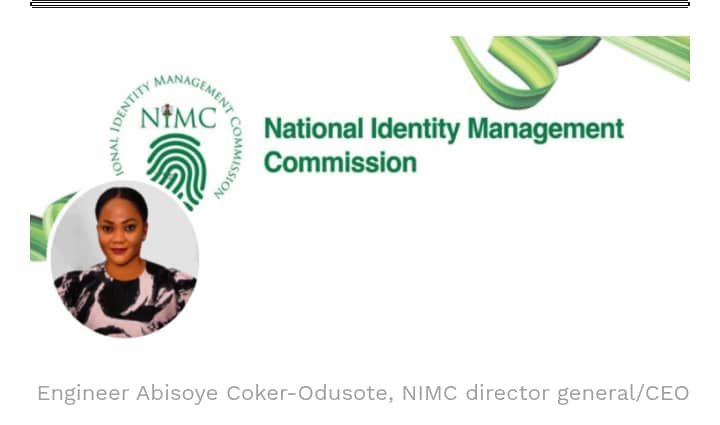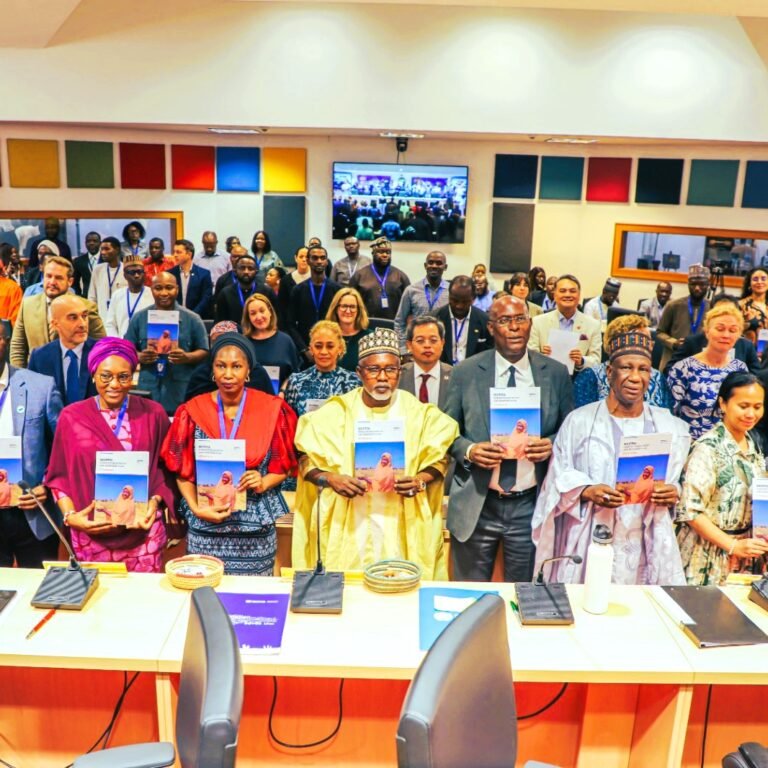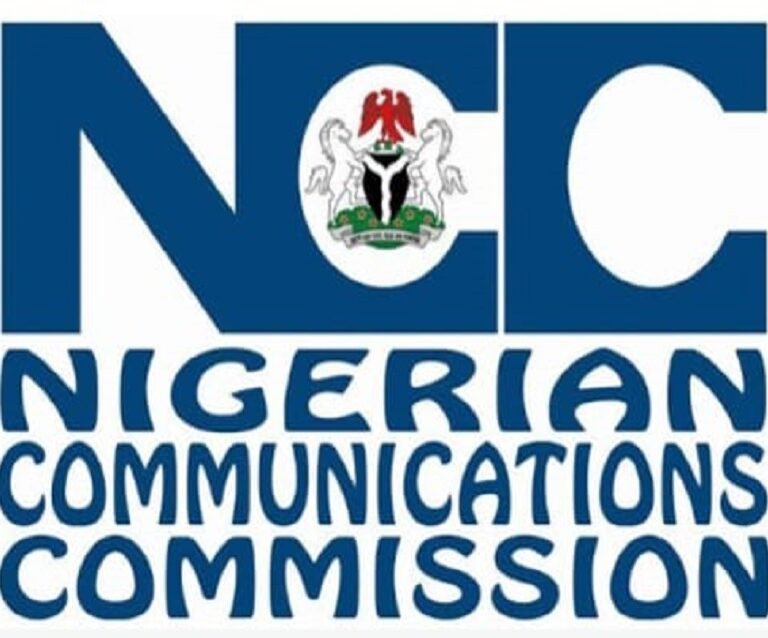
By Ameh Gabriel
The National Identity Management Commission (NIMC) has announced a major milestone in Nigeria’s digital identity drive, revealing that the total number of SIM cards linked to National Identification Numbers (NINs) has reached 172.67 million as of May 2025.
This remarkable progress in the ongoing SIM-NIN integration exercise is being hailed as a critical step toward deepening digital governance, financial inclusion, and national security.
Speaking at a two-day roundtable with the Guild of Corporate Online Publishers (GOCOP) in Lagos, the Director General/CEO of NIMC, Engr. Abisoye Coker-Odusote represented by the Director of Software and Biometrics, Mr. Lanre Yusuf highlighted the far-reaching impact of the initiative.
“With NIN now a requirement for accessing student loans, farmer subsidies, SIM registration, and other social intervention programmes, we are witnessing unprecedented inclusion levels across the country,” Yusuf stated.
According to NIMC, over 3 million farmers and 800,000 students have already benefited from NIN-linked services across critical sectors such as agriculture, education, and social protection.
The Commission further disclosed its strategic partnership with the National Social Safety Nets Coordinating Office (NASSCO), which has expanded NIN enrollment among vulnerable populations and validated entries in the National Social Register a key tool for targeting poverty alleviation programmes.
In addition to enhancing access to government services, the SIM-NIN integration has bolstered regulatory compliance and digital security frameworks, enabling seamless service delivery across institutions such as the Central Bank of Nigeria (CBN), Nigerian Communications Commission (NCC), Joint Admissions and Matriculation Board (JAMB), National Health Insurance Scheme (NHIS), Federal Road Safety Corps (FRSC), Independent National Electoral Commission (INEC), and the Pensions Commission (PENCOM).
NIMC reiterated its commitment to inclusive coverage through the Nigeria Digital ID4D Project, with more than 7,000 trained front-end agents and targeted outreach to underserved communities.
“Our goal is to ensure every Nigerian can say, ‘I am recognised. I am included. I am identified,’” NIMC declared.
The Commission says it remains focused on building a secure and inclusive national identity ecosystem that supports governance, enhances service delivery, and fosters economic growth.








